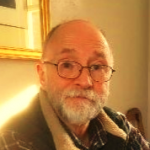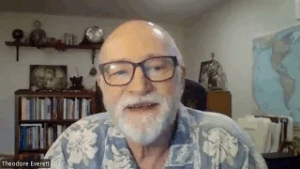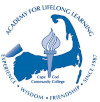ALL1430-C 12 Weeks Thursday 3:00-4:20 Start Date 11-Sep
Grossman 106 Limit 25
Why do we disagree so bitterly on vital matters like religion, morality and politics? Is it because our opponents are unintelligent? Irrational? Immoral? Merely misinformed? Is it because we do not understand each other’s language? Is it because each of us, including our opponents, has his own equally “valid” point of view? Examining the evidential sources of our disagreements may help us deal with them in a more helpful and reasonable way. In this course, we will discuss the three dimensions of belief (perception, opinion and conviction), concentrating on the different types of evidence we all depend on, the ways that disagreements can be socially useful, and the moral reasons that we sometimes have to hold probably false beliefs. The main text for this course is a book draft by the coordinator, titled Understanding Disagreement. There will also be short readings of Plato, Descartes, Thoreau, Mill, Nietzsche, William James, and others – all available for free.
Coordinator: Theodore Everett 
Ted is Professor Emeritus at SUNY Geneseo, where he taught philosophy for 25 years before retiring with his wife to Brewster. This will be his second course at ALL.
Here Ted discusses his upcoming course “Understanding Disagreement.”

